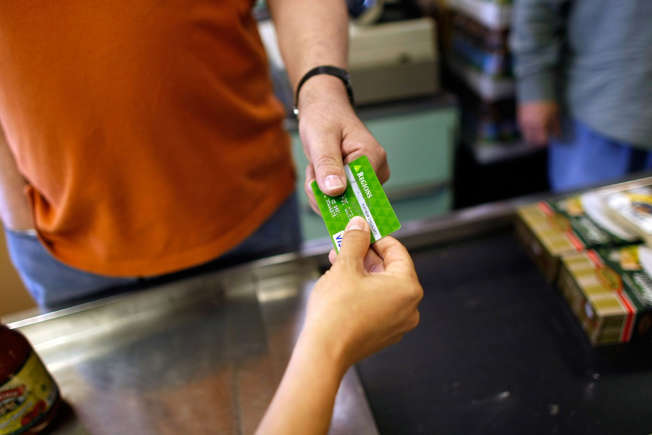Tragedy Strikes at Turkish Ski Resort: 66 Dead, 51 Injured in Hotel Fire
A devastating fire engulfed the Grand Kartal Hotel at the popular Kartalkaya ski resort in northwestern Turkey early Tuesday morning, claiming at least 66 lives and injuring 51 others. The fire, which broke out around 3:30 a.m. local time in the hotel's restaurant section, spread rapidly, trapping guests on the upper floors. Guests, many of whom were families on holiday during the school semester break, faced harrowing conditions as they tried to escape the flames. Some resorted to jumping from windows in a desperate attempt to flee the blaze, while others used sheets and blankets to climb down from their rooms. The hotel's fire detection system reportedly failed to operate, adding to the chaos and confusion. Emergency services, including 30 fire trucks and 28 ambulances, were dispatched to the scene, but the fire's intensity and the hotel's chalet-style wooden exterior hampered firefighting efforts. The Turkish government has launched an investigation into the incident...


Comments
Post a Comment